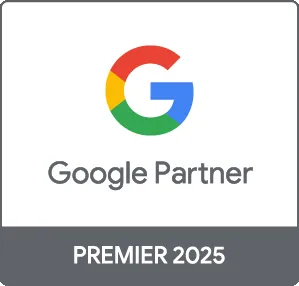Pay-Per-Click (PPC) advertising can be an effective way to drive traffic and boost sales, but it doesn't have to drain your budget. In this blog post, we’ll explore strategies for creating budget-friendly PPC campaigns that maximize your return on investment (ROI). From careful keyword selection to compelling ad copy, learn how to optimize your campaigns for success without overspending.
Understanding PPC Advertising
PPC is an online advertising model where you pay a fee each time someone clicks on your ad. It can yield quick results, but poorly managed PPC campaigns can lead to wasted expenses. Therefore, it’s crucial to establish a clear budget and strategy.
1. Set Clear Goals
Before launching your PPC campaign, define your objectives. Are you looking to increase website traffic, generate leads, or boost sales? Clear goals will help you tailor your campaigns effectively:
- Traffic Generation: Focus on keywords that drive clicks.
- Lead Generation: Use landing pages optimized for conversion.
- Direct Sales: Employ retargeting ads to remind potential customers to complete their purchases.
2. Keyword Research and Selection
Choosing the right keywords can significantly impact your PPC costs and results. Consider these tips:
- Long-Tail Keywords: Focus on specific, lower-competition keywords that may have lower costs per click but high conversion rates.
- Negative Keywords: Identify keywords for which you do not want your ads to appear to avoid unnecessary spending.
- Local Targeting: If your business has a physical presence, target local keywords to attract nearby customers.
3. Optimize Your Ad Copy
Your ad copy is crucial for enticing users to click. Here are some tips:
- Be Clear and Concise: Use straightforward language that explains what you offer.
- Incorporate Keywords: Use relevant keywords in your ad copies to improve quality scores.
- Include a Call-to-Action: Encourage users to take action, such as “Shop Now” or “Sign Up Today.”
4. Monitor and Adjust Your Campaign
Regularly review your campaign’s performance to see what’s working and what’s not. Use analytics to:
- Track Metrics: Monitor clicks, conversions, and ROI to make informed adjustments.
- A/B Testing: Test different ad versions to identify which performs best.
- Adjust Bids: Increase bids for high-performing ads and lower them for less effective ones.
5. Use Budgeting Tools Wisely
Many PPC platforms, including Google Ads, offer budgeting tools that allow you to control ad spend efficiently. Set daily or monthly budgets and use bid adjustments to maximize your investment.
Conclusion
Crafting budget-friendly PPC campaigns is possible with the right strategy and tools. By setting clear objectives, selecting the right keywords, optimizing your ad copy, monitoring performance, and leveraging budgeting tools, you can achieve great results without overspending. At Prebo Digital, we specialize in affordable PPC solutions tailored to your business needs. Let us help you maximize your ROI while keeping your advertising budget in check. Contact us today!





